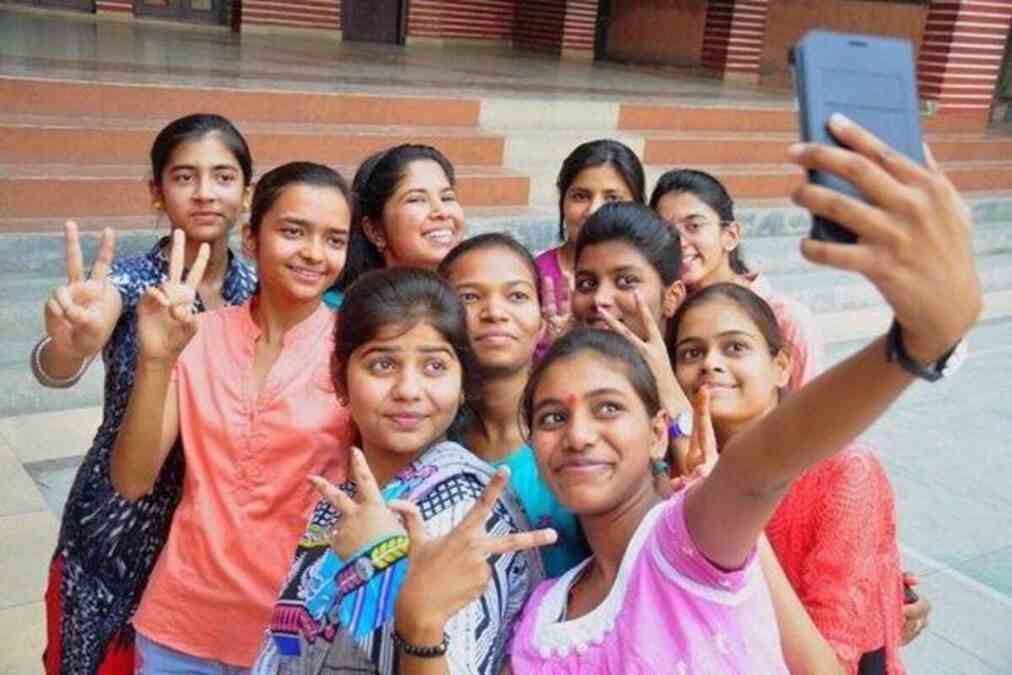Same old conversation

When questioned regarding the rising rates of violence against women in the state of UP, Meena Kumari, a member of the state's Women's Commission blamed girls being given access to mobile phones for such situations and laid the blame on mothers for not keeping a close watch. These comments were made by Kumari in Aligarh during a review of complaints relating to women in the area. Explaining her views, she said that while authorities were trying to crack down on crimes against women, it was up to the society, particularly families, to keep an eye on their daughters. According to Kumari, mothers should keep a close eye on who their daughters are moving around with and who they are chatting with. It was then that she reportedly made the odd suggestion of not giving phones to daughters as they talk to boys on these phones and elope with them later. As should be obvious, Kumari's remarks sparked massive controversy and outrage at her bizarre comments. UP's Women's Commission immediately distanced itself from Kumari's comments and termed them as 'inappropriate'. Claiming later on that she was misquoted, Kumari 'corrected' her statement saying that girls in villages don't know how to use phones properly and that smartphones were often used to promote inappropriate content. Furthermore, she claimed that she received complaints from at least 20 women on a daily basis and five to six cases relating to friendships on phones and their consequences. Now, there is a lot to be outraged over here but there is a lot to simply be disappointed over as well. Once again, there is clear evidence that India somehow has not moved past the age-old practice of blaming the victims for the vicious actions of those who commit violence against women. For all the so-called advances we have made as a society to protect women, the underlying principle in India of 'men will be men' is not gone. There are still attempts to 'fix' this situation by somehow restricting the lives and freedom of women instead of questioning why a culture of violence against them is allowed to continue and even grow. Sadly, this is not even the first time in the last few months that such circular arguments regarding violence against women have been brought up. It was only in March that a chief minister in India went on record blaming ripped jeans for violence against women, criticising those that wore them for 'running towards nudity'. This again was just one comment of a much larger stream of comments that aim to relate what women wear to the likelihood of them being assaulted. And that is part of the much larger trend in India to dictate how women must behave, how they must dress, who they must talk to and even what they should or should not eat to stay safe from violence. In recent times, there has also been a disturbing trend of authorities making assumptions on how rape victims should behave and what their responses should be as seen in the verdict of the Tarun Tejpal case. All in all, what exactly is the message that is being given to women in India? That the world is unsafe and that nothing can be done about it except covering up, staying quiet and staying out of sight? How do people holding such opinions end up as a public functionary charged with the safety and well-being of society? How do such people end up on commissions for the safety of women? The fact that the conversation on violence against women in India rarely manages to leave the level of victim shaming and blaming, everything from chowmein to denim is a sad sign for progress on this front. Making society safe for women is not as simple as telling people to behave. A detailed conversation needs to be made about making changes to the legal system, providing necessary education on such matters for public functionaries and even organising wider awareness campaigns to change entrenched perceptions in regards to the stigma attached to women who face sexual violence. But how can a conversation about societal reform even begin before the insane notion of women inciting violence unto themselves is first done away with? Changing such deep-rooted notions demand commendable time and effort. Changing the perception of society as a whole is an even more complex and long-term task. While there could be no quick-fix solution to this layered problem, able and dedicated political as well as administrative leaders could at least facilitate the process at a greater pace. Those good enough leaders must spring into action to out shadow the negative effects of inept leadership.



